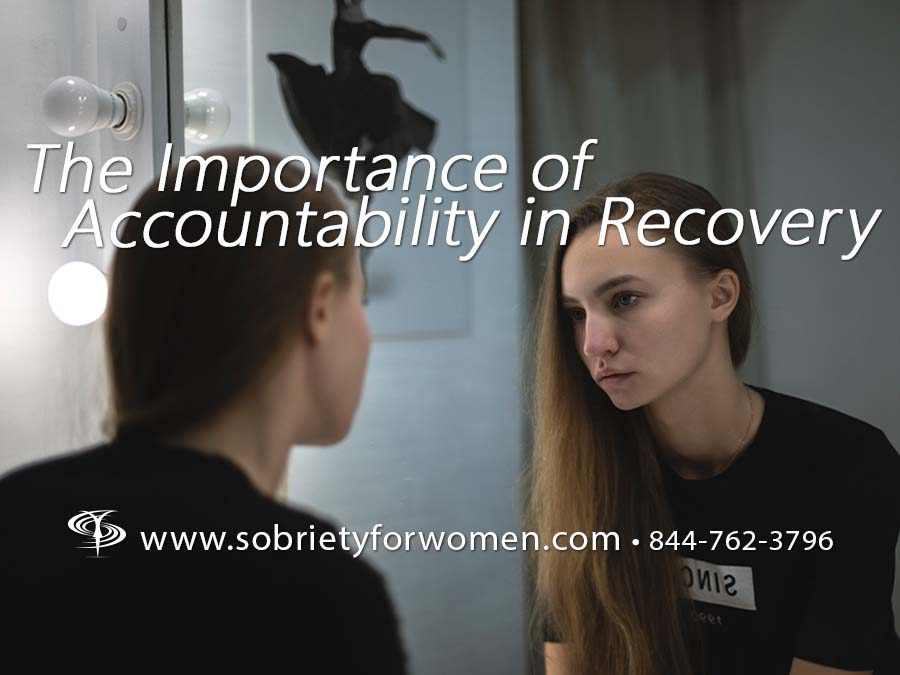Written By: Fiona Stockard
Blaming Others
Before getting help for my addiction, I spent years blaming others for everything. It was always someone else’s fault that I drank and used drugs the way I did. “If what happened to me had happened to you, you’d use drugs like I do,” was pretty much my go to response for everything.
I have heard this same phrase repeated by countless women in recovery. It seems to be a faulty slogan that many of us lived by. Of course, addiction is a disease and this wasn’t the only reason I drank and used drugs. It was a great way to justify my actions and shift the blame on others. This cycle of shifting blame allowed my disease to stay strong for years.
Looking for a women’s treatment center for drugs and alcohol?
The Progression of My Disease

During my years getting high, and before I ever picked up a drug or drink, my disease was progressing. I stopped speaking to “normal” people and my life became hanging out with my drug dealer. As I became less and less accountable to regular people, I also lost any notion of self-accountability. See, addiction is a selfish disease. The only thing I cared about was how and when I’d get drugs.
Want to know more about substance abuse?
Misguided Truth
Finally, I had this misguided belief that there were no consequences to ANY of my actions. Whether it was stealing something or hurting a loved one, the obsession to drink and drug trumped any potential consequences. Mostly, I barely gave consequences a passing thought. I just didn’t care.
Moving Towards Recovery
As a woman takes her first step into recovery, it’s extremely importance that she begin to understand what it actually means to be sober and accountable.
Accountability, sobriety, and honesty are all linked. Really, you can’t have one without the others. While in treatment, you learn to be accountable to your peers and therapists. You can get “honest” with your group about your feelings or a potential mistake. Practicing this kind of honesty is integral to staying sober, because, first and foremost, you must be honest with yourself about being an addict.
Looking to get involved with other women in sobriety?
Continued Accountability
If you decide to work a twelve-step program after drug treatment, you’ll learn to be accountable to your sponsor. Practicing this kind of accountability with your home group and sponsor helps in the long run. Staying sober is about being accountable to yourself and to God as you understand God. You’re making a commitment to yourself to stay sober for the rest of your life, one day at a time. With a sponsor, you’ll learn to set goals and stick to those goals.
Look, as addicts we’re used to running from responsibility. It was avoided at all costs. “I’ll pay that bill tomorrow,” “tomorrow I’ll stop drinking,” “I’ll apologize to my loved ones tomorrow.” Those are just a few examples. It’s important to remember that we can’t get sober alone. With the help of support groups, therapy, and a sponsor we can learn to treat this disease. We can learn to be accountable and productive members of society!

